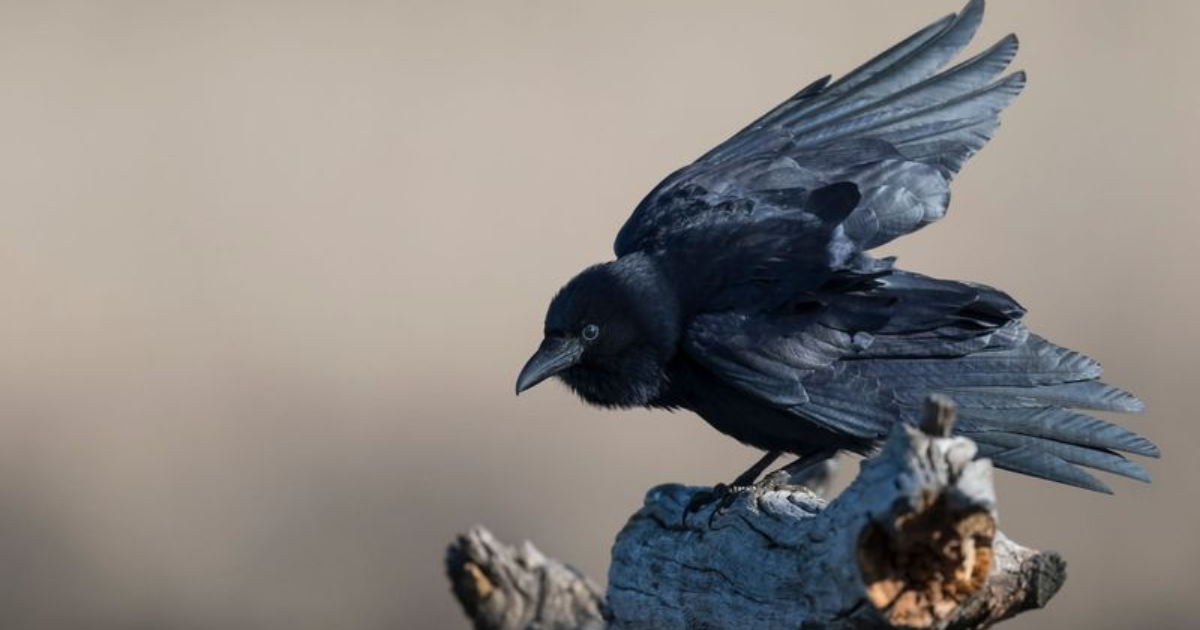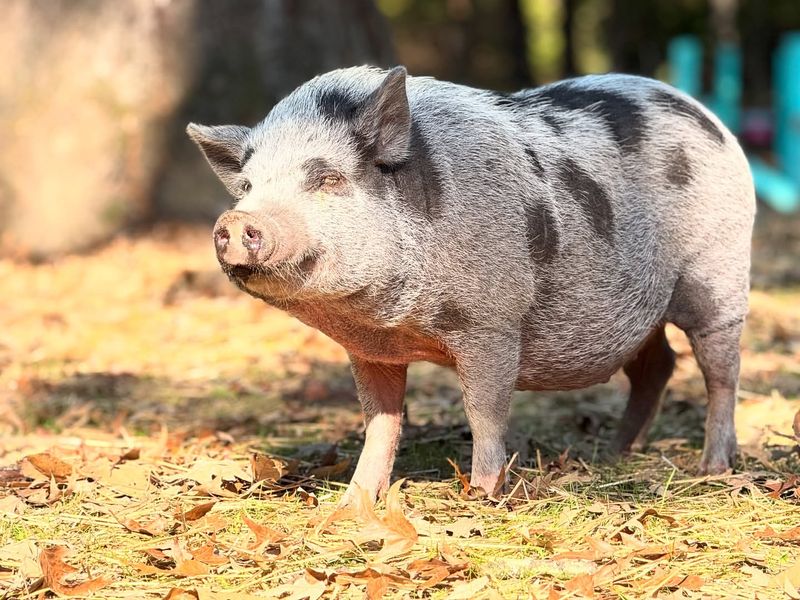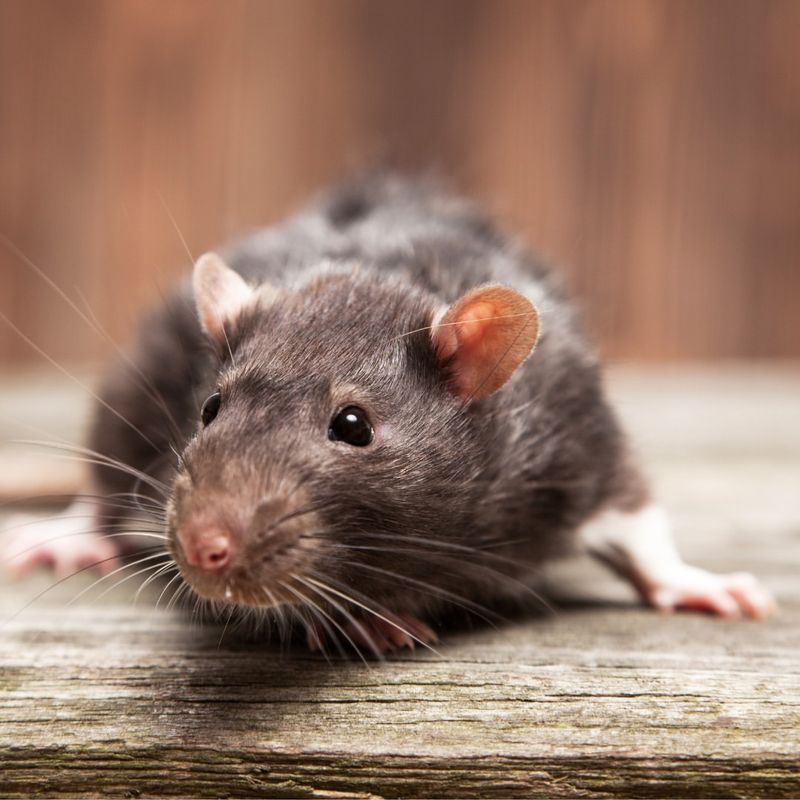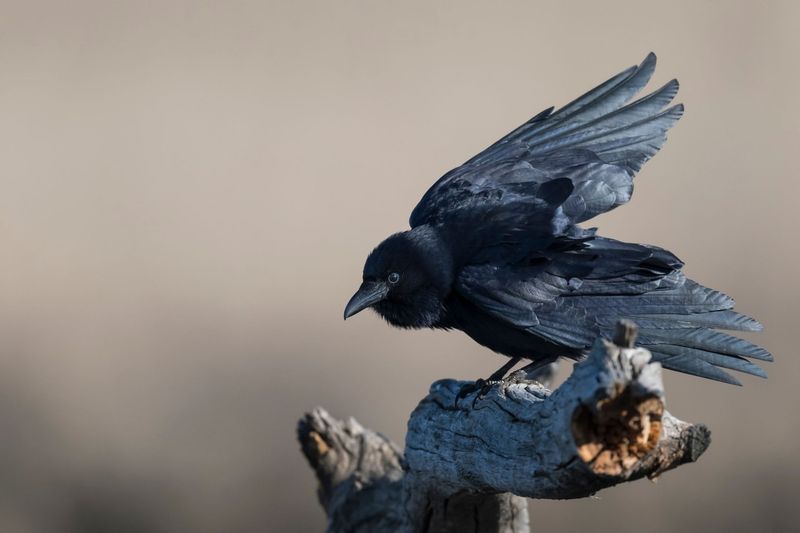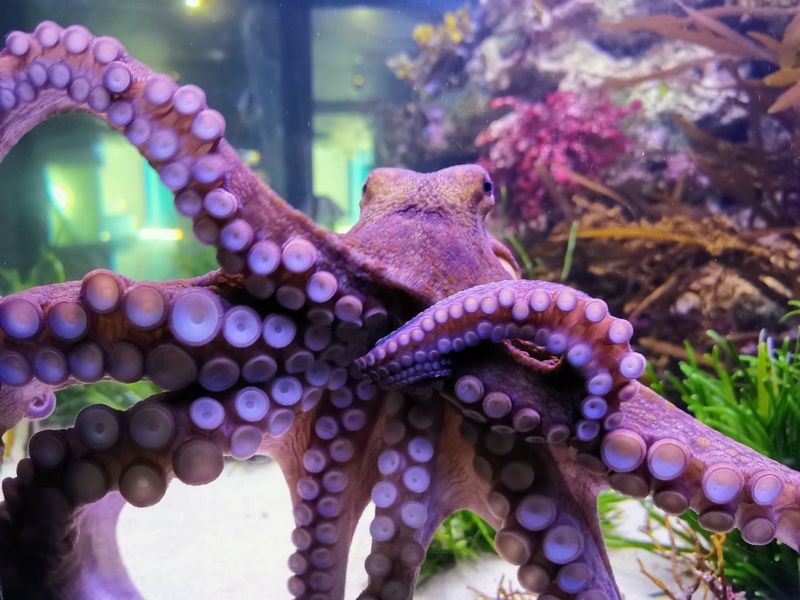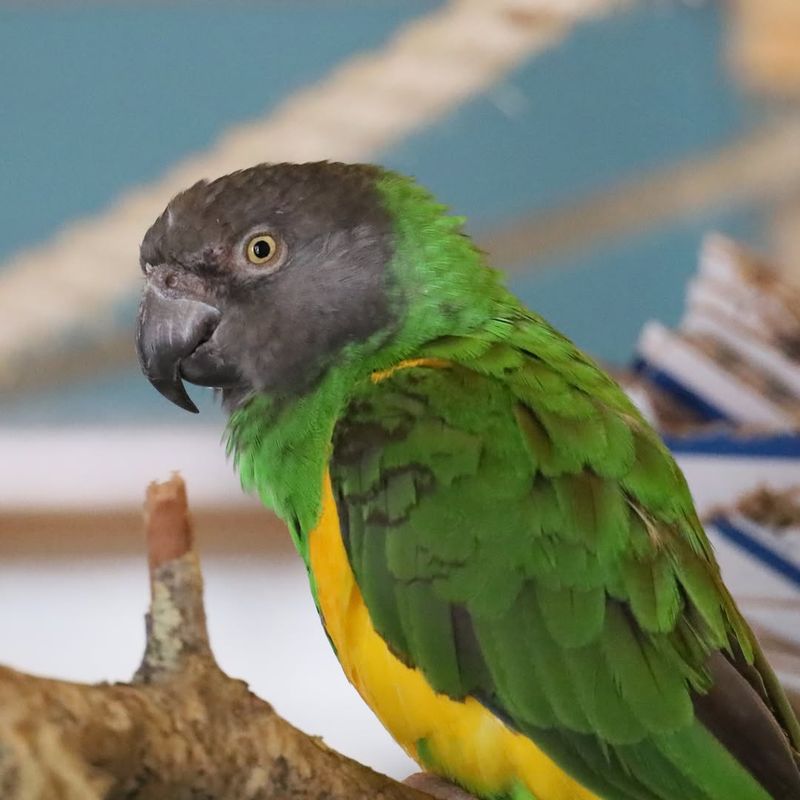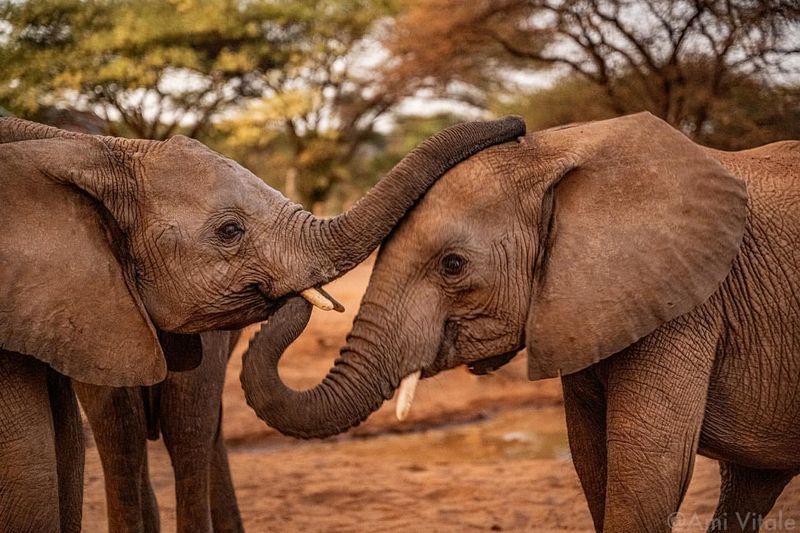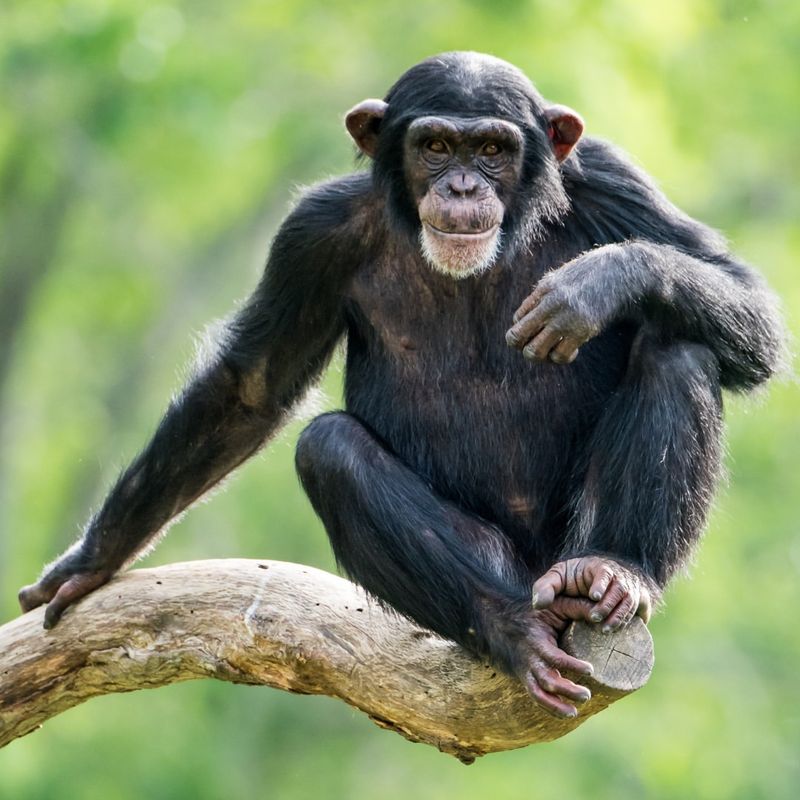📖 Table of Content:
What makes an animal intelligent? Is it their ability to solve problems, their capacity for communication, or maybe even their knack for forming emotional bonds?
While humans often claim the crown for smarts, the animal kingdom is full of creatures that could give us a run for our money. From underwater masterminds to feathered problem-solvers, some animals exhibit mind-blowing intelligence that goes far beyond instincts.
In this article, we’re introducing you to nine of the most intelligent animals on the planet, each with its own unique set of skills and surprising talents.
These brainy creatures are capable of everything from learning languages and crafting tools to forming deep social connections and outsmarting their environments.
9. Pigs
Pigs are often underestimated, but their intelligence is on par with that of chimpanzees and dogs. These animals are capable of solving puzzles, navigating mazes, and even manipulating objects to achieve goals.
In experiments, pigs have demonstrated a strong memory, recalling locations of food and routes they’ve taken even after long periods. They’re also highly social creatures, forming complex relationships within their groups and displaying behaviors like cooperation and play.
Pigs can recognize themselves in mirrors, an indication of self-awareness, and are known to adapt quickly to new environments.
Intelligent, adaptable, and surprisingly emotional, pigs challenge the stereotypes often associated with them.
8. Dogs
Dogs are more than just loyal companions—they’re also remarkably intelligent. With the ability to understand up to 250 words and gestures, certain breeds like Border Collies and Poodles exhibit problem-solving skills that rival those of young children.
Dogs are experts at reading human emotions, making them exceptional service animals and therapy companions. Their intelligence extends to memory as well; dogs can learn and remember tasks, commands, and even names of objects.
They’re also known for their ability to work collaboratively with humans, whether it’s herding sheep, detecting explosives, or assisting people with disabilities.
What sets dogs apart is their emotional intelligence—they form deep bonds with humans and other animals, showing affection, loyalty, and empathy.
7. Rats
Rats may be small, but their intelligence is anything but. These clever rodents excel in problem-solving, learning, and adapting to their environments.
They’re often used in scientific studies due to their ability to navigate complex mazes and even exhibit behaviors like empathy.
Rats have been observed freeing trapped companions, indicating a sense of altruism rarely seen in animals their size. They can also recognize their names, respond to human cues, and even understand basic cause-and-effect relationships.
In the wild, rats use their smarts to find food, avoid predators, and build intricate burrows. Their quick learning abilities and social intelligence make them incredibly adaptable, allowing them to thrive in diverse environments. Rats may not have the best reputation, but their brains certainly deserve respect.
6. Crows
Crows are far more than just blackbirds—they’re problem-solving prodigies with an intellect that rivals primates.
Members of the corvid family, crows are known for their incredible tool-making abilities, such as bending wires to retrieve food or crafting hooks from twigs. They can recognize human faces, remember individuals who’ve treated them well (or poorly), and even pass this knowledge down to other crows.
In some experiments, crows have demonstrated the ability to solve multi-step puzzles, showcasing their advanced reasoning skills.
Beyond tools, they exhibit complex social behavior, such as teaching younger birds survival skills and holding “funerals” where they gather around deceased members. Crows are also playful, often engaging in games or using objects as toys.
5. Octopuses
Octopuses are often referred to as the masterminds of the sea, and for good reason. These eight-armed geniuses are experts at solving puzzles, escaping enclosures, and manipulating objects with surprising dexterity.
Their brains are distributed throughout their bodies, with two-thirds of their neurons located in their arms, allowing them to think and act independently. Octopuses have been observed unscrewing jar lids to retrieve food, using coconut shells as mobile shelters, and even planning escape routes from aquariums.
Their short- and long-term memory enables them to learn from past experiences and adapt their behavior accordingly.
What’s even more remarkable is their ability to camouflage not just their color but also their texture to blend seamlessly with their surroundings. Octopuses demonstrate a level of intelligence that’s almost alien, making them one of the most enigmatic creatures on the planet.
4. Parrots
Parrots are much more than colorful birds—they’re cognitive powerhouses with abilities that rival some primates. Known for their talent in mimicking human speech, parrots like the African Grey go far beyond imitation, displaying an understanding of numbers, shapes, and even basic arithmetic.
Some parrots, like Alex the African Grey, have demonstrated the ability to form meaningful sentences and answer questions. In the wild, parrots use their intelligence to solve problems, navigate complex environments, and communicate with their flocks through unique calls.
They’re also incredibly social, forming strong bonds with their human caregivers and flockmates. Parrots have been observed opening locks, solving multi-step puzzles, and using tools to access food.
3. Elephants
Elephants are more than just the largest land animals—they’re also among the most intelligent. Famous for their exceptional memories, elephants can recall the locations of water sources and migratory routes even after years of drought.
But their intelligence goes far beyond memory; they are deeply emotional creatures, known to mourn their dead, console distressed herd members, and even show altruism by helping other species in trouble.
Elephants also communicate in fascinating ways, using low-frequency infrasound to send messages across miles, almost like a long-distance phone call. They’re tool users too, creating fly swatters from branches or digging waterholes with their trunks.
Additionally, elephants can recognize themselves in mirrors, a trait associated with self-awareness. These gentle giants remind us that intelligence and compassion often go hand in hand in the animal kingdom.
2. Chimpanzees
Our closest relatives in the animal kingdom, chimpanzees, share nearly 99% of their DNA with humans, and it’s no surprise they’re capable of remarkably human-like behavior.
In the wild, chimpanzees are master toolmakers, using sticks to extract termites, leaves to collect drinking water, and stones to crack open nuts—a behavior that takes years for young chimps to learn.
They are also incredibly social animals, forming tight family bonds and even displaying emotional intelligence through gestures, facial expressions, and vocalizations.
What’s more fascinating is their ability to strategize and cooperate during hunts, dividing roles among group members to increase success. Chimps have been observed performing what appear to be rituals, such as gathering around waterfalls, hinting at a capacity for awe or reverence.
1. Dolphins
Dolphins aren’t just the acrobats of the ocean—they’re also some of the smartest animals on Earth. Known for their complex social structures, dolphins form pods with tight-knit bonds, often helping injured members or cooperating to hunt in perfectly synchronized teams.
Their communication system is just as impressive, involving a mix of clicks, whistles, and body movements, with each dolphin having its own unique “signature whistle” akin to a name. Studies have shown dolphins can even remember the whistles of other dolphins years after being separated.
Beyond social skills, dolphins have demonstrated problem-solving abilities, such as using marine sponges as tools to protect their snouts while foraging. Put simply, dolphins are much more than sleek swimmers—they’re underwater geniuses.
